Electronics Batteries
()Sort by
-

Shimano Di2 BT-DN300 Seatpost Internal Battery
132.49 €
-

Petzl Core Rechargeable Lithium Battery
21.99 €
-

Shimano Di2 BT-DN110 Seatpost Internal Battery
133.49 €
-

Garmin Charge External Battery
106.99 €
-
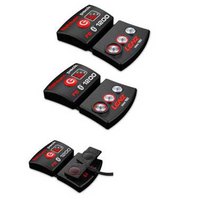
Lenz Lithium Pack rcB 1200 EU / US Battery
142.99 €
-

Lenz Lithium Pack rcB 1800 EU / US Battery
160.49 €
-
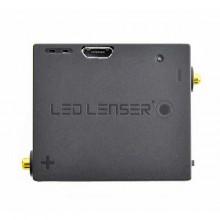
Led Lenser Lithium Batery Serie SEO
17.99 €
-
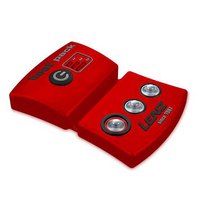
Lenz Heat Pack Accupack Lithium Battery
50.99 €
-

Goal Zero Sherpa 100PD 2023 Power Bank
196.99 €
-

Lenz Heat Pack EU / US Battery
105.99 €
-
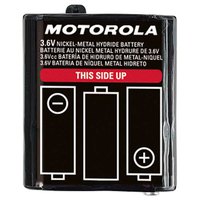
Motorola 1300mAh Battery
24.99 €
-
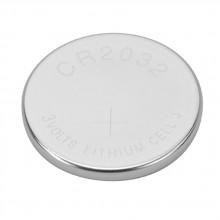
Sigma Lithium Battery 3V CR2032
1.99 €
-
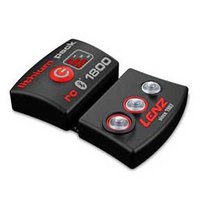
Lenz Lithium Pack rcB 1800 Accupack Battery
71.99 €
-
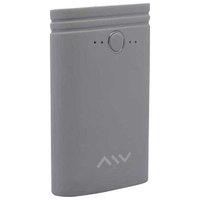
MyWay Powerbank
15.99 €
-

Racer Longlife 2 Battery 2200mAh
44.49 €
-

Black Diamond Solano Lithium Battery Set
59.49 €
-
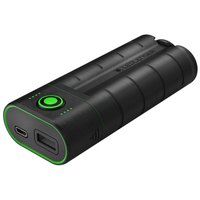
Led Lenser FLEX7 Lithium Battery 2x18650 6800mAh
49.99 €
-
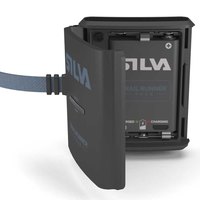
Silva Trail Runner 3XAAA Headlamp Battery
25.49 €
-

Campagnolo EPS Interface V3 11V
445.99 €
-
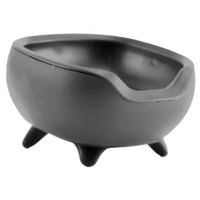
Lumos Helmet Firefly Battery Charger
18.49 €
-
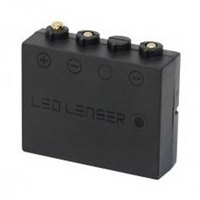
Led Lenser H7R.2 1400mAh Lithium Battery
18.99 €
-

Goal Zero Sherpa 100AC 2023 Power Bank
270.49 €
-

Silva Battery Case Compact 4xAA For Cross Trail Headlamps
25.99 €
-
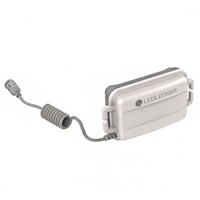
Led Lenser 3.7V For NEO4/NEO6R Headlamp Battery
20.49 €
-
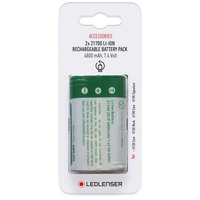
Led Lenser Rechargeable Lithium Battery 2x21700 4800mAh
35.99 €
-

Black Diamond Icon Rechargeable Lithium Battery Kit
37.99 €
-
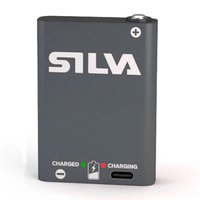
Silva Hybrid 1.15Ah Battery
28.99 €
-
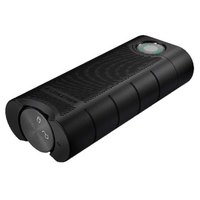
Led Lenser Flex10 9000mAh Power Bank
63.99 €
-

Biolite Charge 80 PD Portable Battery
81.49 €
-
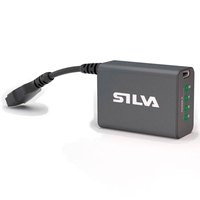
Silva Exceed 2.0Ah Lithium Battery
51.99 €
-
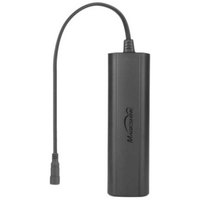
Magic Shine MJ-6118 PWR Battry 10000mAh 7.2v USB
139.99 €
-

Silva Exceed 10.5Ah Lithium Battery
127.99 €
-

Silva Exceed 3.5Ah Lithium Battery
74.99 €
-

Sram Red eTap Battery
49.99 €
-

National Geographic 9060100 88.8 Wh Portable Power Station
179.90 €
-

Lenz Lithium Pack Insole rcB 1200 Accupack Battery
84.99 €
-
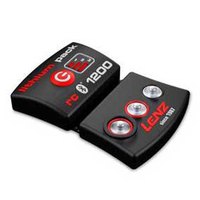
Lenz Lithium Pack rcB 1200 Accupack Battery
67.99 €
-

Black Diamond 1500 Lithium Battery
16.99 €
-

Silva Exceed 7.0Ah Lithium Battery
103.99 €
-
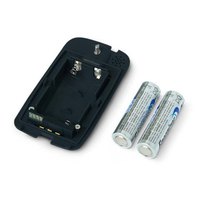
TwoNav Anima+ Battery Adapter
22.99 €
-
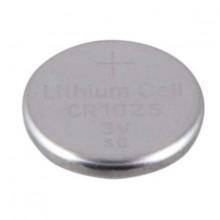
Sigma Lithium Battery CR1025
1.99 €
-
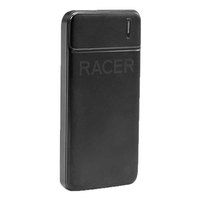
Racer Power Bank 1000mAh Battery
49.99 €
-
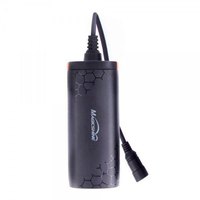
Magic Shine MJ-6112 PWR Battry 2600mAh 7.2v USB
53.99 €
-

Silva 4.0Ah Battery
56.49 €
-

Citybug Replacement Battery
51.49 €
-
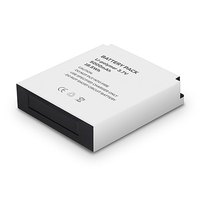
TwoNav Aventura Battery
38.99 €
-

Lumos Helmet Firefly Battery Charger
54.99 €
-
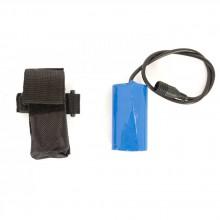
MSC Replacement Battery
11.49 €
-

Garmin Lithium-Ion Battery
60.49 €
-

Garmin Ion-Lithium Battery
38 €
-
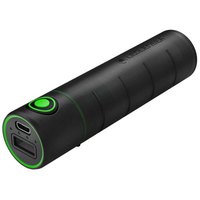
Led Lenser FLEX3 Battery 18650 3400mAh
31.99 €
-

TwoNav Horizon Battery
22.99 €
-

Goal Zero Yeti Expansion Lithium Battery
549 €
-

Giant Vector/D-Fuse/Propel Advanced SL seatpost battery support set
10.99 €
-

Campagnolo Super Record WRL 12s Rear Derailleur Batteries
170.99 €
-
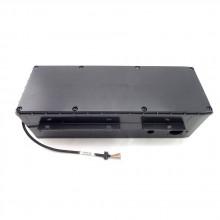
Citybug Lithium Battery
153.99 €
-

Biolite Charge 40 PD Portable Battery
60.99 €
-
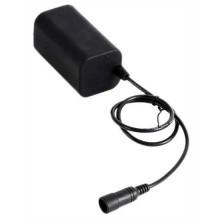
MSC Replacement Battery 4 x 2000mAh
13.99 €
-
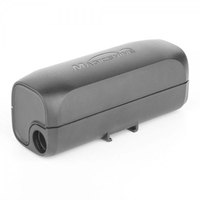
Magic Shine MOH35PW 4000mAh 3.6V USB-C Battery
37.99 €
-

Regatta Heated Jacket Lithium Battery Pack
45.99 €
-
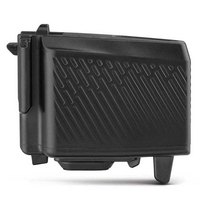
Campagnolo Super Record WRL Derailleur Batteries
323.49 €
-
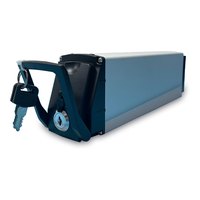
Walio Lithium Battery
369.99 €
-

Rms CR2032 Lithium Battery
3.99 €
-
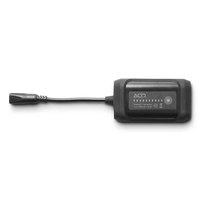
Acid HPA 3400mAh Rechargeable Battery
53.49 €
-

Barbieri Battery For LIG/P1000
21.99 €
-

Biolite Charge 20 PD Portable Battery
43.99 €
-

Petzl Swift RL Rechargeable Lithium Battery
37.99 €
-
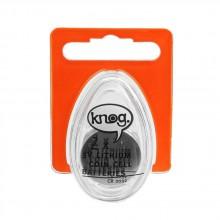
Knog Coin Cell Battery Pack
2.99 €
-

Cateye Gvolt 100 Battery
71.49 €
-

Agfa Pro PS600 626Wh portable power station
729.99 €
-

Agfa Pro PS100 88.8Wh portable power station
169.99 €
-

Sunslice Gravity 40.000mAh Power Bank
142.89 €
-

Sunslice Gravity 38.900mAh Power Bank
373.89 €
-

Shimano Steps Diagonal Tube 504Wh Lithium Battery
692.49 €
-
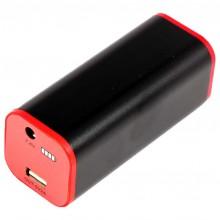
MSC USB Power Bank
19.99 €
-

TwoNav Aventura 2 Battery
38.99 €
-
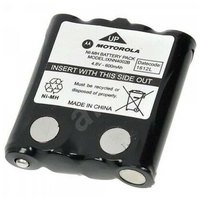
Motorola XTR446 T5 T6 T7 T8 Battery
20.99 €
-

Racer Longlife Battery 2200mAh
52.99 €
-

MASSI Continental Lithium Battery
1259.99 €
-

MSC Replacement Battery 6 x 2000mAh
70.99 €
-

Goxtreme Lithium Battery Endurance
29.60 €
-

MSC Replacement Battery
22.99 €
-

Panasonic Charger AAA/AA+2 AA
13.99 €
-
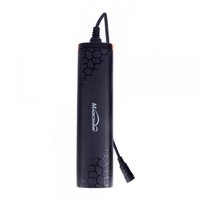
Magic Shine MJ-6116 PWR Battry 5200mAh 7.2v USB
74.99 €
-
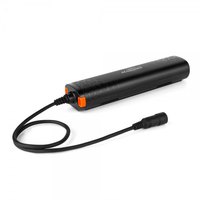
Magic Shine MJ-6116C PWR Battry 7000mAh 7.2v USB
100.99 €
-

Yamaha E-Bike 2017 Carrier Battery 500Wh 36V 13.8Ah
798.99 €
-
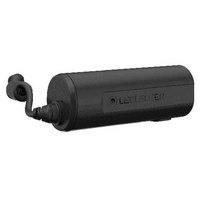
Led Lenser Bluetooch 21700 4800mAh Lithium Battery
45.99 €
-

Giant Di2 Propel/Enviliv 2023+ seatpost battery support
6 €
How to choose the best type of battery for me?
Choosing the best type of battery for your electronic devices involves considering factors such as battery chemistry, capacity, voltage, and cost. Here´s a step by step guide to help you make an informed decision:Understand Battery Chemistry:
Different battery chemistries offer varying performance characteristics. Some common battery types include alkaline, lithium ion Li ion, nickel metal hydride NiMH, and zinc carbon batteries. Each type has its own advantages and limitations.
Alkaline: Widely available and affordable, suitable for low drain devices like remote controls.
Lithium ion Li ion: Rechargeable and suitable for higher drain devices like smartphones and laptops. A rechargeable lithium battery is a kind of battery that can be charged by lithium ions driving between the negative and positive electrodes. Lithium ion batteries are utilized in many by products such as electronics, playthings, wireless headphones, handheld power devices, small and big devices, electric autos, and electrical energy depository systems.
Nickel metal hydride NiMH: Rechargeable and good for mid range power devices like digital cameras and portable gaming consoles.
Zinc Carbon: Basic and less efficient, used for devices with low power needs.
You can buy these power banks from these brands: Garmin, Petzl, Black Diamond, Joluvi, and Citybug.
Check Voltage Compatibility:
Ensure that the battery´s voltage matches the requirements of your device. Using batteries with incorrect voltage can damage your device or reduce performance.
Consider Capacity mAh:
Capacity is measured in milliampere hours mAh and indicates how long a battery can power a device before needing a recharge or replacement. Higher capacity generally means longer runtime.
Evaluate Energy Density:
Energy density refers to the amount of energy stored in a given volume or weight of the battery. Batteries with higher energy density provide longer runtimes in smaller and lighter packages.
Rechargeable vs. Disposable:
Decide whether you want rechargeable or disposable batteries. Rechargeable batteries are cost effective in the long run and reduce environmental waste, but they may require an initial investment in a charger.
Battery Life and Shelf Life:
Consider how long the battery retains its charge when not in use shelf life and how many charge discharge cycles it can endure for rechargeable batteries.
Specialty Batteries:
Certain devices require specific battery types, like button cells for watches or hearing aids. Make sure to use the recommended battery type.
Size Compatibility:
Ensure the battery size matches your device´s requirements. Common sizes include AA, AAA, C, D, and others.

























